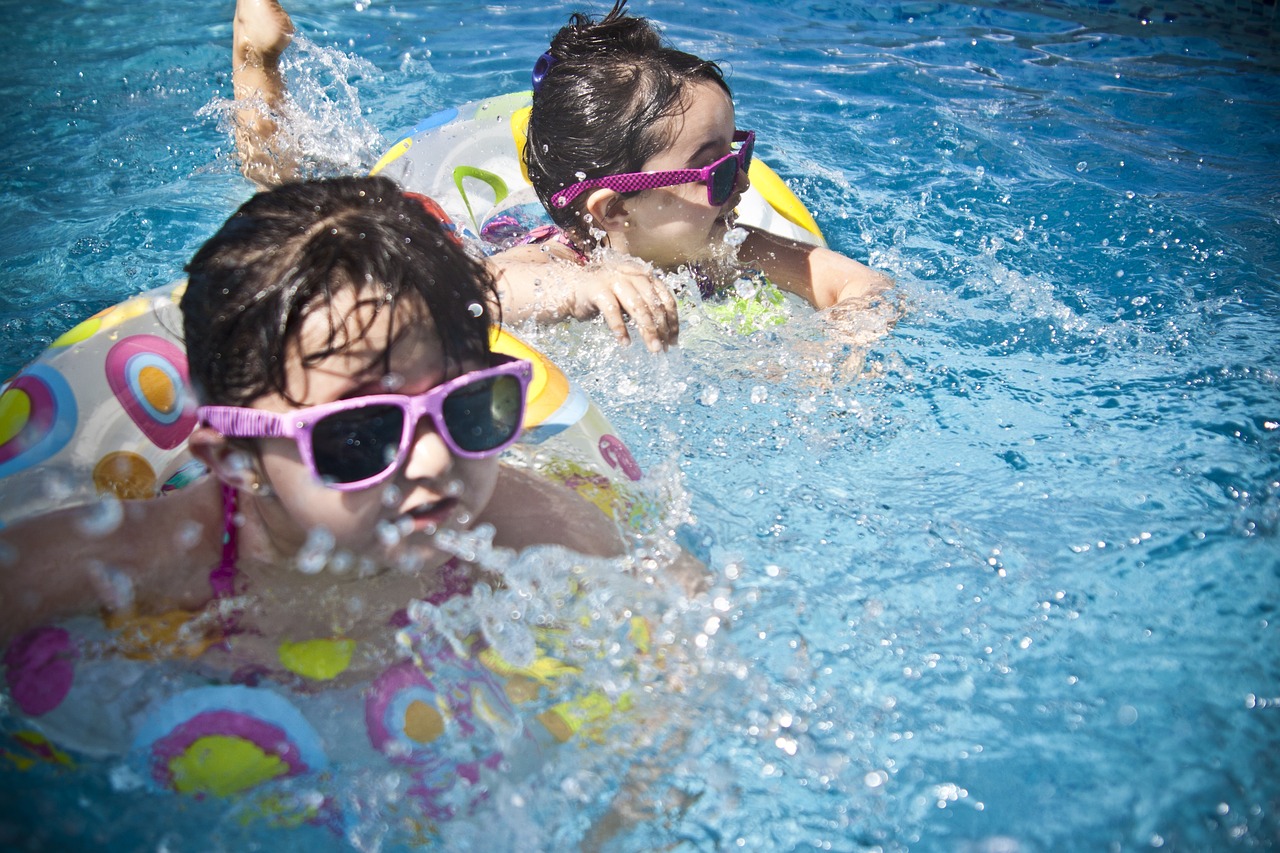Many adults seek swim classes to gain confidence, improve safety skills, or enhance their swimming technique. These classes accommodate all skill levels, from beginners learning basic water safety to experienced swimmers refining their strokes. Adult swim classes provide structured, personalized instruction designed to meet individual goals and abilities, ensuring steady progress in a supportive environment.
Programs often include small group sessions or private lessons focused on fundamentals like breathing, floating, and stroke mechanics. They also address common challenges adults face, such as overcoming fear of water or building endurance. The variety of class formats and expert guidance help adults develop skills at their own pace.
Benefits of Swim Classes for Adults
Swim classes for adults provide a structured way to develop physical strength, enhance mental well-being, and gain essential safety skills. They also create an environment for meeting new people and building social connections through shared activities.
Physical Health Advantages
Swimming is a full-body workout that engages almost every major muscle group. The low-impact nature of swimming makes it especially beneficial for adults with joint issues, arthritis, or those recovering from injury. It improves cardiovascular health by increasing heart rate without putting undue strain on the body.
Regular swimming boosts muscle tone, flexibility, and endurance. Unlike weight-bearing exercises, swimming reduces the risk of injury, making it accessible for various fitness levels. Many adult swim classes adapt workouts to individual needs, ensuring participants progress safely while gaining strength.
Mental Wellness Improvements
Swimming promotes mental wellness by reducing stress and anxiety through rhythmic, repetitive movements and deep breathing. The water’s calming properties contribute to relaxation and help alleviate symptoms of depression.
Learning and improving swimming skills also build confidence and self-esteem. The sense of achievement from mastering strokes or overcoming water-related fears positively impacts mood and motivation. Swimming cycles physical activity with mindfulness, supporting overall mental health.
Lifelong Safety Skills
Adult swim classes teach vital water safety techniques that can prevent drowning and other accidents. Knowing how to swim properly equips individuals to handle emergencies in pools, lakes, or oceans.
Mastering skills such as floating, treading water, and safe entry and exit fosters independence in aquatic environments. These abilities reduce fear of water and encourage participation in recreational activities that enhance quality of life.
Social Engagement Opportunities
Joining swim classes offers opportunities for social interaction with people who share common interests. Classes and swim clubs create supportive communities that encourage regular attendance and mutual encouragement.
Group activities foster motivation and accountability while allowing adults to build friendships. Social engagement in swim settings can improve adherence to exercise routines and contribute positively to mental and emotional well-being.
Choosing the Right Adult Swim Class
Selecting an adult swim class involves evaluating personal abilities and preferences, understanding program formats, and verifying instructor qualifications. Each factor plays a crucial role in ensuring effective learning and safety in the water.
Assessing Skill Levels
Accurately assessing a swimmer’s current ability is essential before enrolling in a class. Beginners should seek programs focused on water comfort and basic stroke technique. Intermediate swimmers might look for classes that refine skills and introduce endurance training.
Many schools provide placement tests or preliminary evaluations to match swimmers with the right level. This prevents frustration and promotes steady progress. Clear communication about experience and goals helps instructors customize lessons to suit individual needs.
Types of Adult Swim Programs
Adult swim programs typically fall into three categories: private lessons, group classes, and hybrid formats.
| Program Type | Characteristics | Ideal For |
| Private Lessons | One-on-one attention, tailored pacing | Beginners, anxious swimmers, skill refinement |
| Group Classes | Social environment, cost-effective | Those who enjoy peer interaction and structured schedules |
| Hybrid | Combination of group and private sessions | Swimmers needing flexibility and personalized feedback |
Choosing a format depends on budget, learning style, and personal goals.
Finding Certified Instructors
Instructor credentials impact both safety and quality of instruction. Seek instructors certified by reputable organizations like the American Red Cross or YMCA. These certifications ensure knowledge of adult learning principles and emergency protocols.
Instructors should demonstrate experience with adult learners and an ability to adapt teaching methods. Reviews, referrals, and direct communication can confirm an instructor’s professionalism and teaching approach. Certified instructors contribute significantly to building swimmer confidence and competence.


Leave a Reply